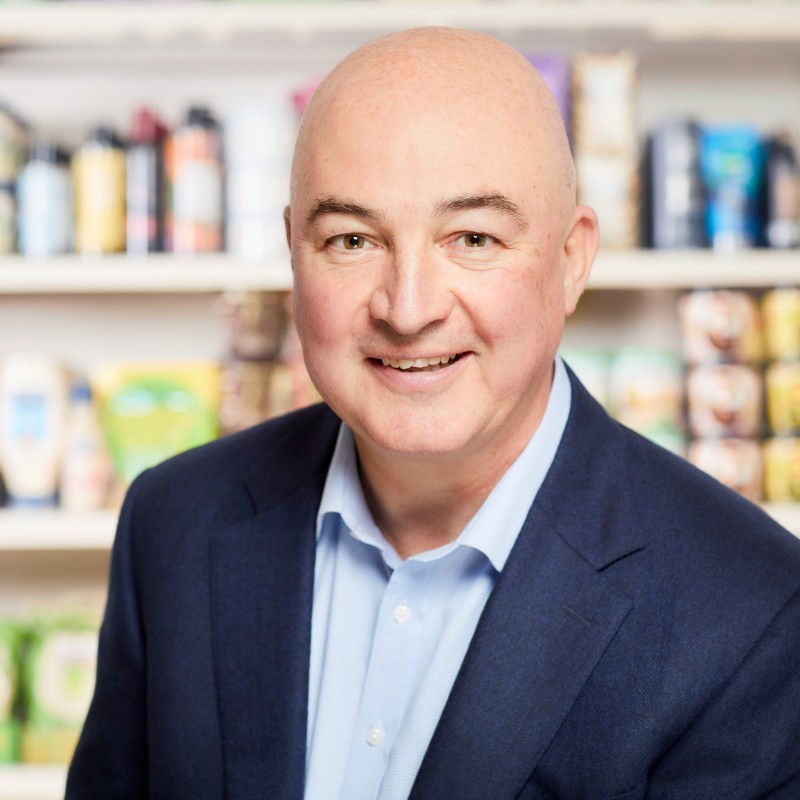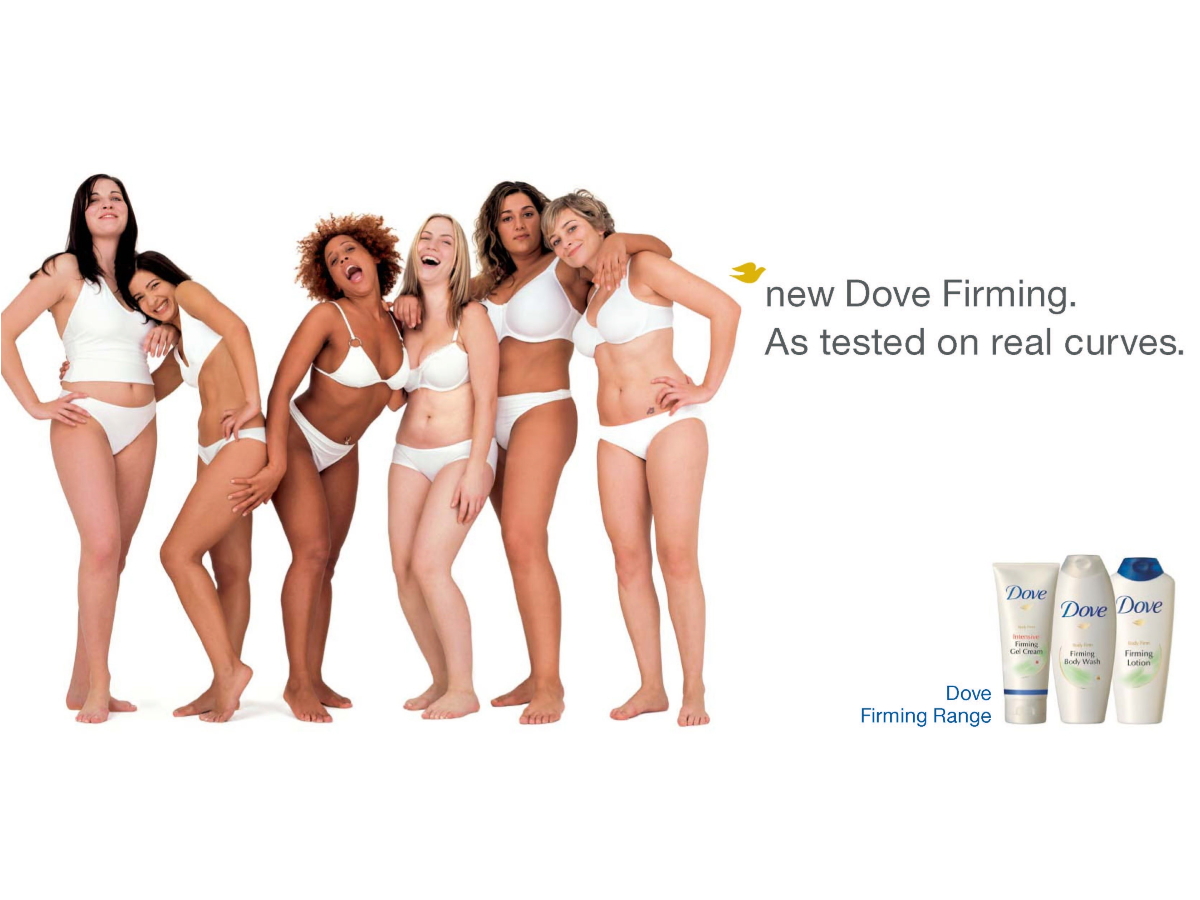A few years ago, hardly a month went by without news of Unilever buying yet another beauty and personal care brand. The multinational splurged 16 billion euros (AUD$25.2 billion) scooping up over 20 beauty and wellness brands, including Dermalogica and Murad.
Get ready for another corporate buying spree. Last month Unilever announced that it would divide its operations into five separate business units. Beauty and personal care, the multinational’s largest division, will be split in two – beauty and well-being and personal care.
In the company’s latest results for the calendar year 2021, the entire beauty and personal care division reported revenues of 21.9 billion euros (AUD$34.5 billion) – up 3.8 per cent.
In April last year, Unilever carved out a new standalone unit – Elida Beauty – featuring brands that are predominantly sold in the Europe and North America such as Q-Tips, TIGI, Timotei and Impulse. The company’s initial plan was to sell off the business, but it has now decided to keep it in the fold because of the re-structuring and renewed focus on beauty after the recent sell-off of its multi-billion dollar tea business.
Unilever’s prestige beauty division, including Dermalogica, Hourglass, Murad, REN, Paula’s Choice and Living Proof, enjoyed double digit growth of 24 per cent in 2021 to one billion euros (AUD$1.57 billion). But the multinational has announced plans to acquire more bolt-on prestige beauty brands to increase its prestige beauty revenues to 3 billion euros (AUD$4.7 billion euros) over the next few years.
Dove, Unilever’s leading personal care power brand, continued to do well in major markets. Sunsilk and Clear also enjoyed solid growth. E-commerce sales across the board increased by 44 per cent to account for 13 per cent of total sales.
Unilever also has its eye on the fast-growing wellness market. Over the past two years, the personal care giant has acquired the Olly, SmartyPants and Onnit vitamins and supplements brands and they have made strong contributions to the bottom line.

“The bulk of our capital deployment in M&A has been on luxury beauty, health and well-being and in the VMS (vitamins, minerals and supplements) business we think those trends are going to continue,” says Alan Jope, CEO of Unilever.
“The world is becoming a little more affluent, and that’s associated with an increased concern with health and well-being. It’s a secular trend, and we are absolutely resolved to move our portfolio in that direction.”
Unilever’s total revenues for 2021 reached 52.4 billion euros (AUD$82.5 billion). An increase of 4.5 per cent and the multinational’s fastest growth rate in nine years.

